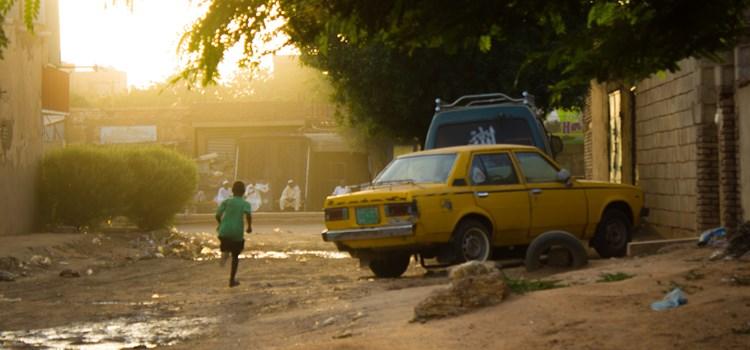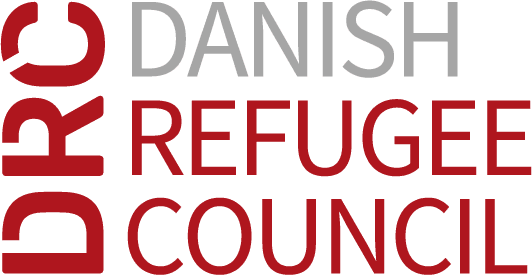
IOM at HNPW 2024: Coordinating with diaspora humanitarian actors: A crisis response simulation workshop
The Humanitarian Networks and Partnerships Week (HNPW) 2024 is an annual humanitarian conference, one of the largest events of its kind and will be held in a hybrid format from 29 April to 10 May 2024.
This event provides a collaborative space for practitioners and experts from a large variety of humanitarian stakeholders including UN agencies, NGOs, the Red Cross and Red Crescent movement, academia, the military, private sector initiatives, and Member States.
There is no attendance fee. Learn more here.
IOM crisis simulation workshop: Coordinating with diaspora humanitarian actors
While diaspora actors have long contributed in various forms to humanitarian response efforts in their respective Countries of Origin (CoOs), most of this involvement has historically been ad hoc. These contributions include contextual knowledge, local connections, quick mobilization, financial support, and volunteers.
The International Organization for Migration’s (IOM) Framework for Diaspora Engagement in Humanitarian Assistance and its accompanying Crisis Response Guidance are examples of coordination mechanisms that international humanitarian actors and diaspora organizations have developed and implemented to better integrate and engage non-traditional actors in humanitarian responses. IOM's Framework was developed through a multi-stakeholder consultation process, and it has been used in Haiti, the Philippines and Somalia.
This interactive simulation workshop is designed to test these mechanisms focusing on the interoperability of institutional humanitarian actors with diaspora organizations coordinating assistance during a simulated crisis. The exercise will also explore the level of cooperation that humanitarian actors, both traditional and non-traditional, might expect from one another.
It is anticipated that participants will leave the session with useful tools for organizing their humanitarian efforts, a better knowledge of the processes involved in multi-stakeholder coordination, and a wider range of contacts and resources to help communities affected by disasters experience more long-term, lasting effects. Furthermore, the input and feedback received from the attendees' participation will help to improve the mechanisms so that they can be used in other situations.
The overall scope of this session will be to apply the mechanisms for strengthening the engagement of diaspora in humanitarian operations by:
- Presenting tools, response mechanisms and guidelines to enhance coordination between institutional humanitarian actors and diasporas, explaining who can benefit, when and where it is applicable, and how this can lead to more collaborative and effective humanitarian assistance
- Conducting an interactive exercise where the participants apply IOM’s crisis response guideline to a simulated crisis scenario to facilitate coordination with diaspora and other non-traditional actors
- Discussing lessons learned from the activity
Photo credit: Unsplash/Ammar Nassir


